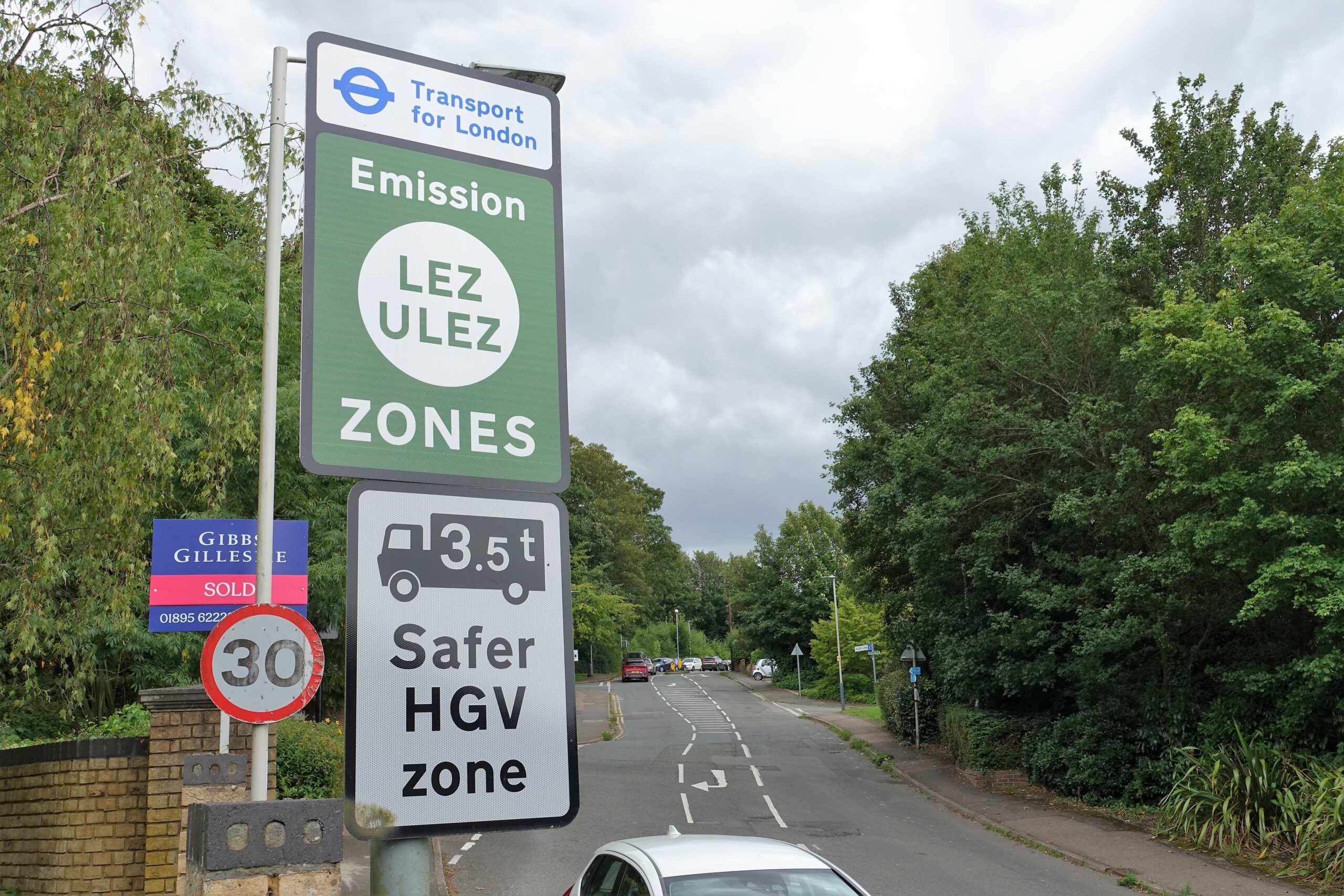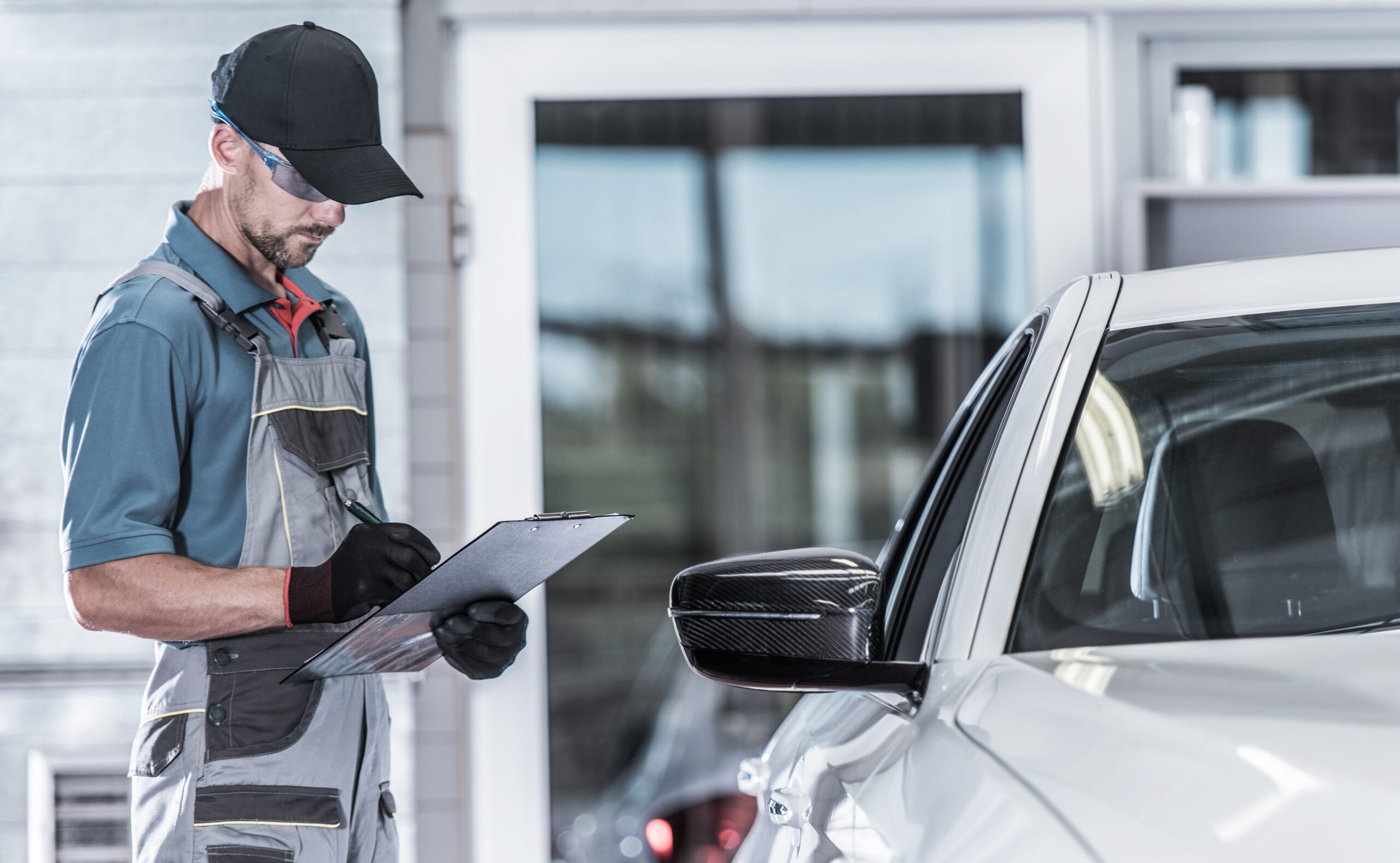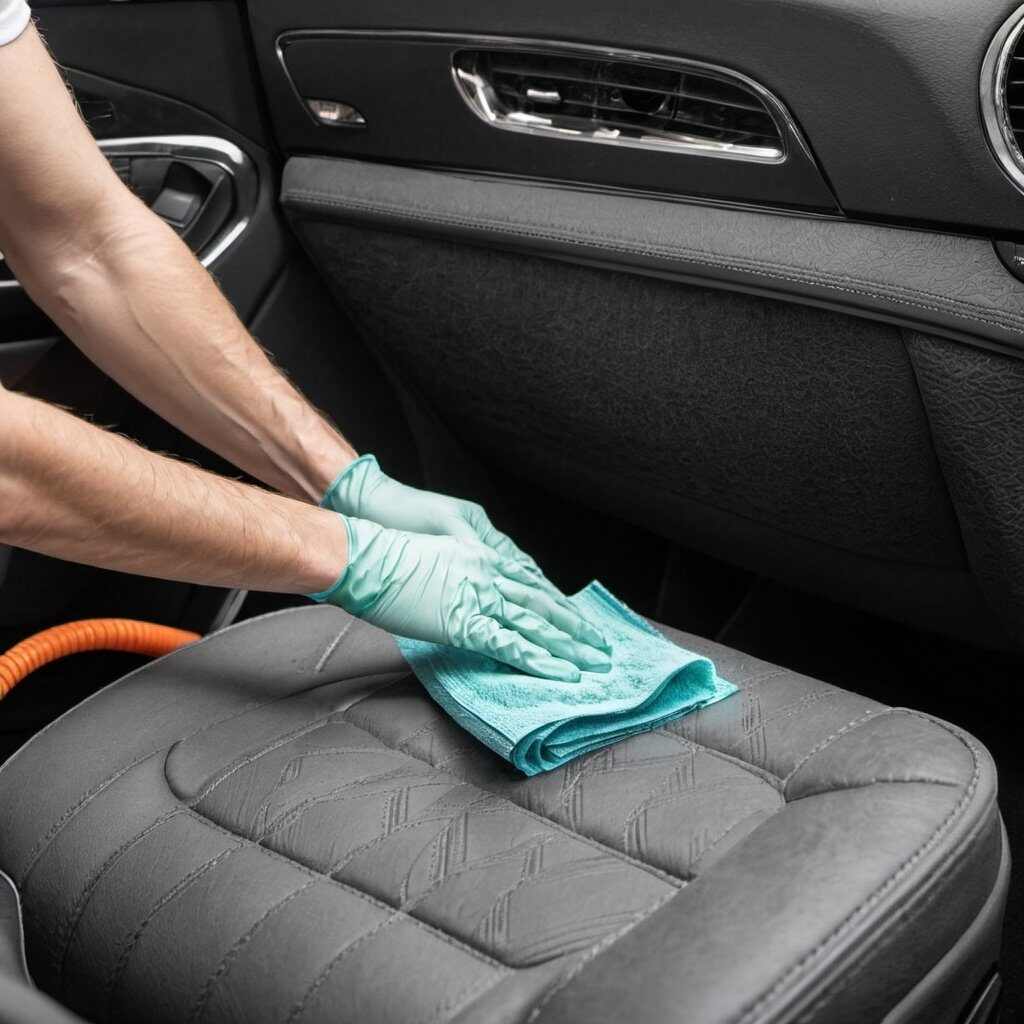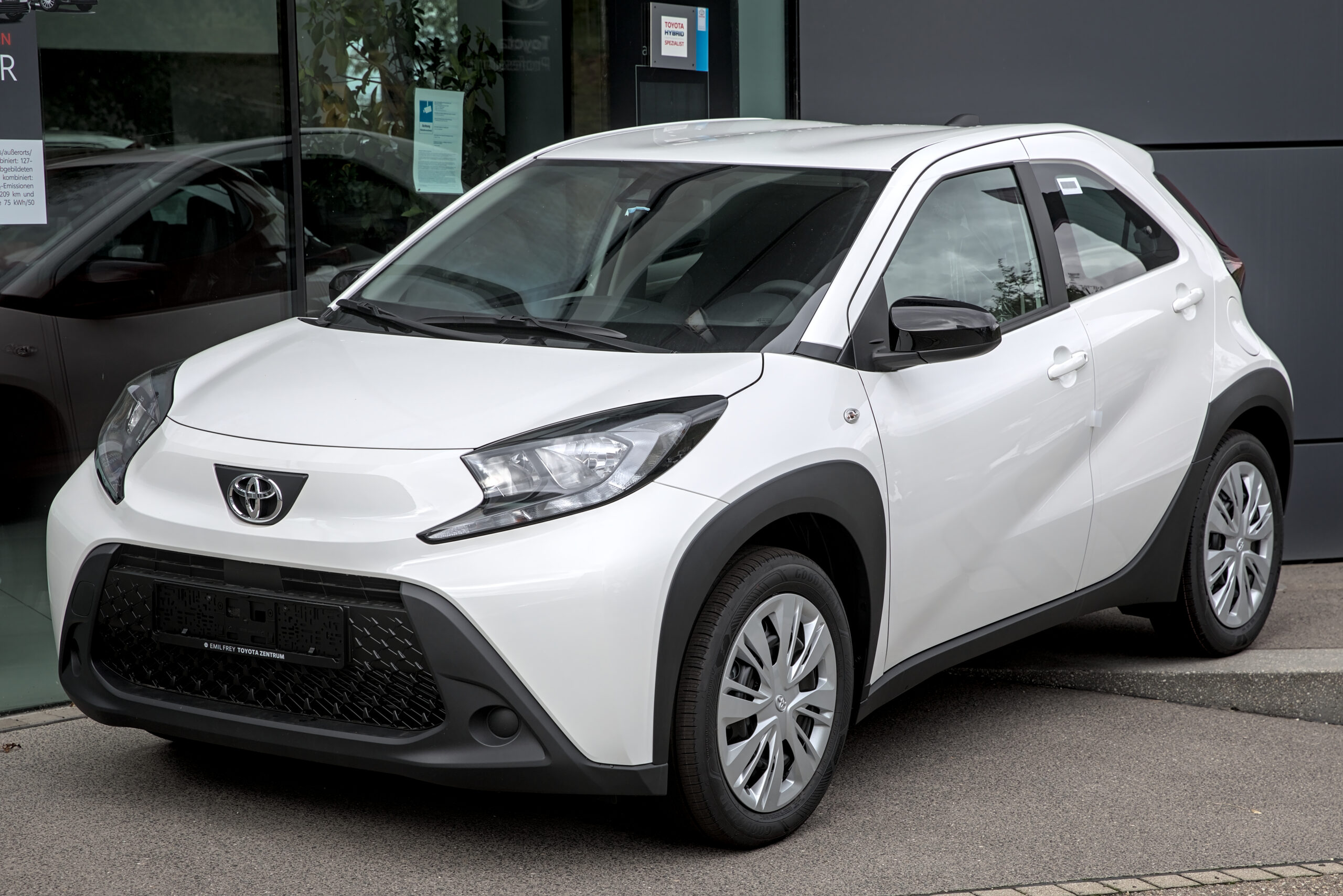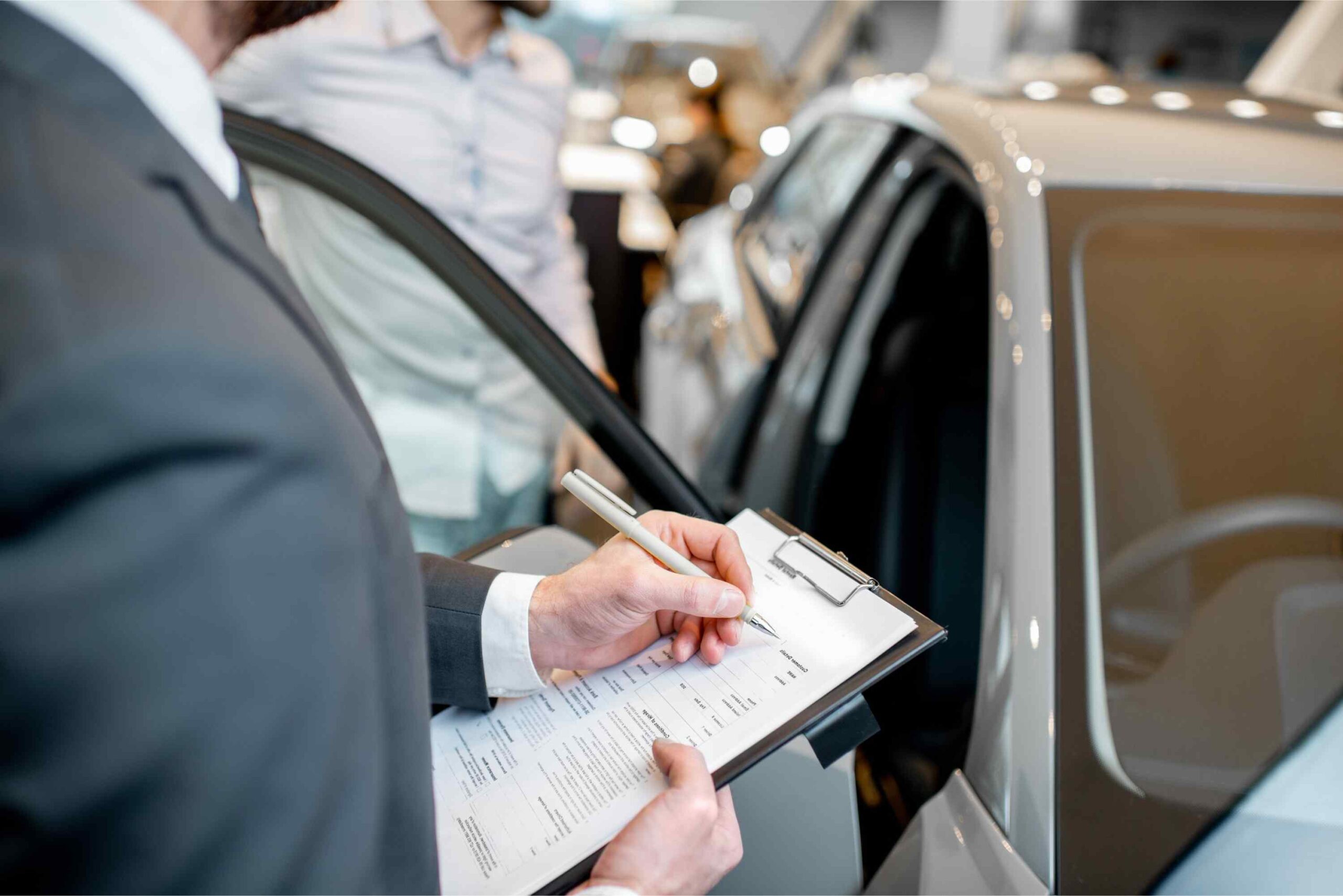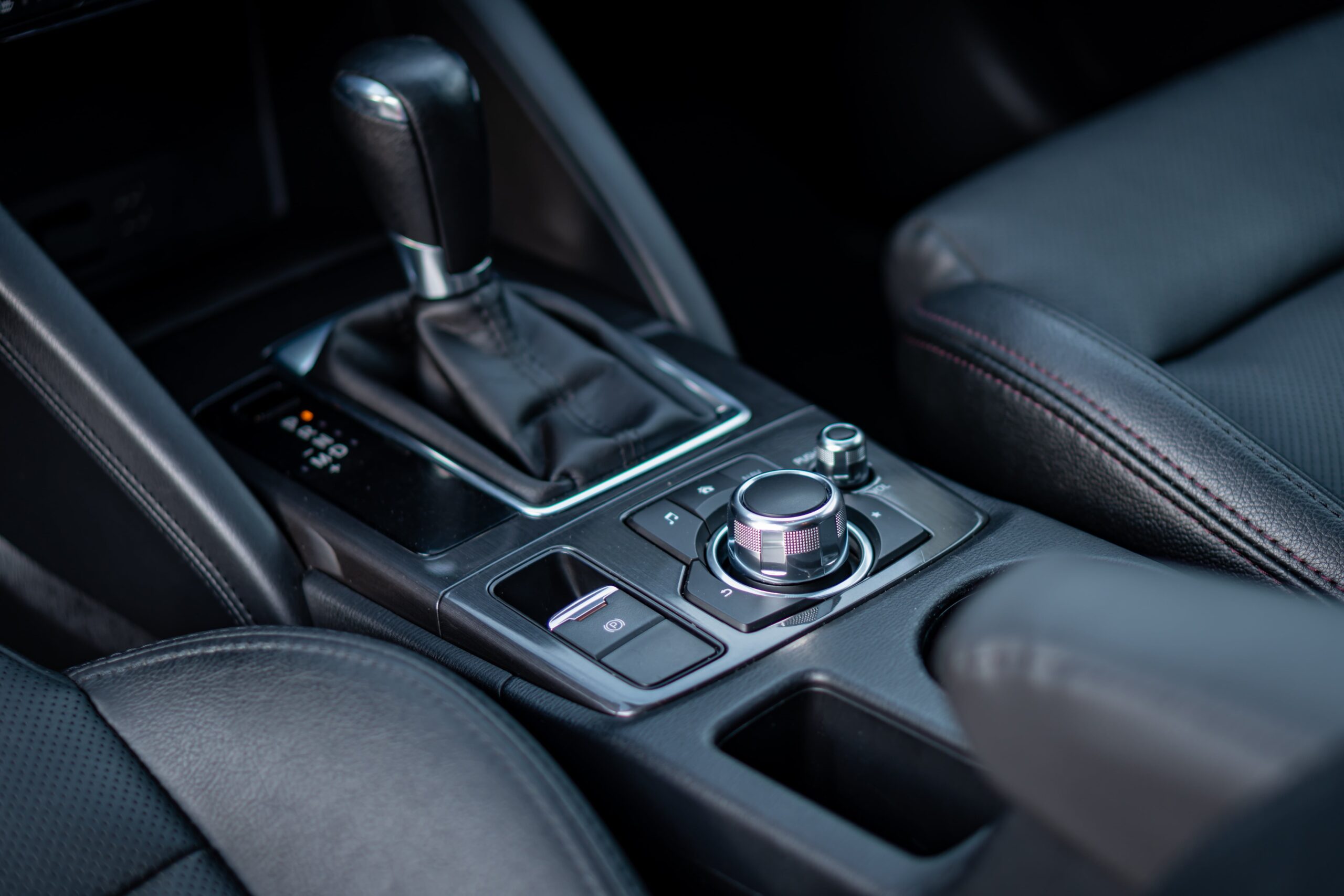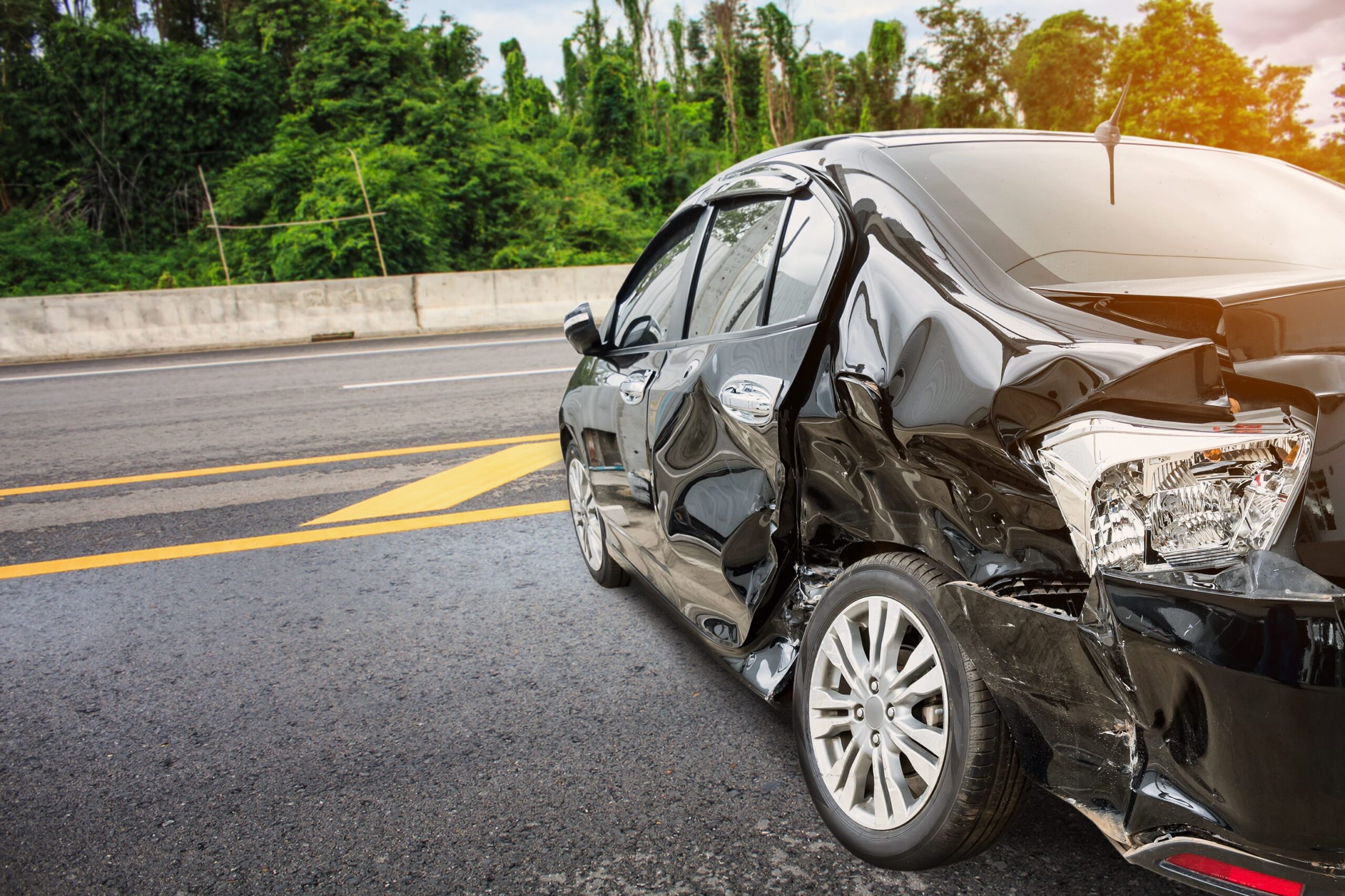
How to Complete your DVLA Change of Address when Moving Home
When moving house, it can seem like there’s an almost endless list of things you need to do. Organise removals, declutter, pack your belongings, sort through the paperwork. But what about your car?
People often get so caught up in the process of moving house that they forget some essential car admin tasks. You not only need to update all your home details, but all your vehicle details too. Car tax, driving licence, insurance, breakdown cover, vehicle log book – there’s a lot of information required to ensure all your car-related services are in the know. Completing your DVLA change of address is important when you have a car and are moving home.
But, we understand that relocating can be stressful and that adding a load of car admin on top of all the other things you need to do isn’t helpful. That’s why we’ve put together this handy moving house car admin checklist. We’ll outline everything you need to update for your car when moving home.
Here’s what you need to know.
What car details do I need to update when moving home?
When moving house, the key vehicle services you need to update include:
- Your driving licence
- Car insurance
- Vehicle logbook
- Breakdown cover
- Road tax
- Personalised number plate documents
- Car finance
Read on to find out how to update your car information when moving house.
How to Update your Driving Licence
When you move house, it’s essential that you complete your DVLA change of address. You’ll need to contact the Driver and Vehicle Licencing Agency (DVLA) and inform them that you’re moving home so they can change your driving licence address.
Once notified, the DVLA will update your details and issue you a new driving licence with your new address on.
If you fail to inform the DVLA that you’ve moved house, you could face a heavy fine of up to £1,000. It really isn’t worth the risk given how quick and simple it is to have an updated driving licence.
The only instance where you might not need to inform the DVLA that you’re moving is if the move is only temporary and you can still be contacted at the address you have registered on your licence.
Sell your car effortlessly and for good money!
Discover how much your car is worth! Get the instant offer by entering just two details about your car. You will be instantly matched with the right car buyer ready to pay cash for your car.
How to Update your Car Finance
You will also need to let your car finance lender know that you’re moving. If you have a vehicle that’s on finance, you’ll need to contact your lender and notify them of your new address so they can update your details. Most finance lenders will let you do this online or over the phone.
It’s essential that you remember to inform your car finance lender of your change of address to ensure you receive any important correspondence from them and that you can prove your identity if needed.
If you’re unsure who your lender is, you should be able to find the details on your bank statement.
How to Update your Vehicle Logbook
As well as your driving licence and finance lender, you’ll need to update your vehicle logbook when you move home.
Your car logbook, also known as a V5C, tracks the registration and tax history of a car, as well as proving your ownership. It also contains other important details about the vehicle, such as the registered address, the make and model of the car, chassis number and the engine type.
Your car logbook tracks any changes to your vehicle too. So, if you have your car modified in any way, you’ll be required to update the logbook, which then informs the DVLA.
When you move home, you’ll need to update your logbook information to change the address the car’s registered at. You can update your V5C details either online through the GOV.UK website or by sending your physical logbook directly to the DVLA with the necessary changes.
It is quicker and easier to complete your V5C change of address online – all you’ll need to do so is your new address, your logbook reference number and vehicle registration.
What Happens if I’ve Lost my Logbook?
What if you go to update your logbook details, but find you’ve lost it? Not to worry. Thankfully you can get a replacement log book pretty quickly.
First, you’ll need to apply for a new logbook by downloading the relevant form from the GOV.UK website. Simply fill out the form with the relevant information and return it to the DVLA. They will then send a new V5C logbook out to you.
You should note, however, that it costs £25 to get a replacement log book.
How to Update your Car Insurance Details
Moving to a new address can affect your car insurance policy. This is because insurers use your postcode to determine your premium, taking factors like crime levels and prevalence of accidents in the area into account.
You should contact your car insurer as soon as you move into your new house to update your details. If you’re lucky, you might see your insurance go down, but you could also see it go up.
For example, if you are moving your car from on-street parking to a secure garage, it’s likely that your insurance rates will decrease as your car will be considered safer. Vice versa and you could see your costs increase as your car is more at risk of being damaged.
Does Moving Home Affect Road Tax?
Yes, moving house can have an impact on your road tax. That’s why it is so important that you notify the DVLA of your new address, especially if you are paying by Direct Debit.
Does Moving Home Affect Breakdown Cover?
Yes, moving home can affect your breakdown cover. That’s why it’s so crucial that you contact your breakdown cover provider to notify them that you’ve changed address.
Tips for Driving to your New Home
Driving on an unfamiliar route can be stressful at the best of times, but especially when you’re thinking about all the things you have to do to settle into your new home. That’s why it’s important to make preparations before you set off.
First, plan your route. Take into account any roadworks or seasonal events that could cause delays. This will also allow you to properly familiarise yourself with the route so you feel more confident driving it.
Leave yourself plenty of time to get to your new home and schedule in plenty of breaks along the way if your new address is quite far away. You could even share the driving responsibilities with your partner or a friend to give you a well earned break from being on the road.
Sell your car effortlessly and for good money!
Discover how much your car is worth! Get the instant offer by entering just two details about your car. You will be instantly matched with the right car buyer ready to pay cash for your car.

